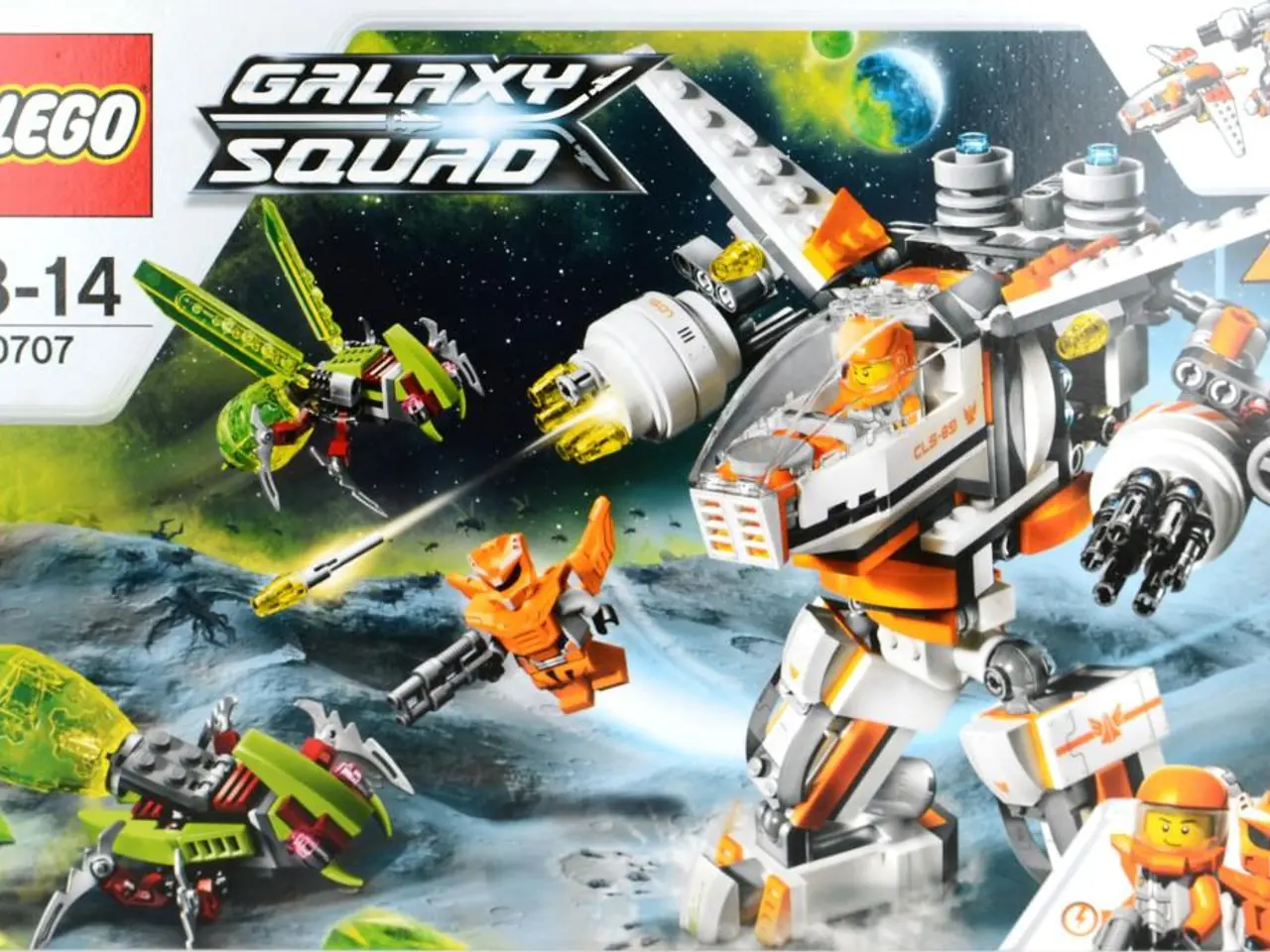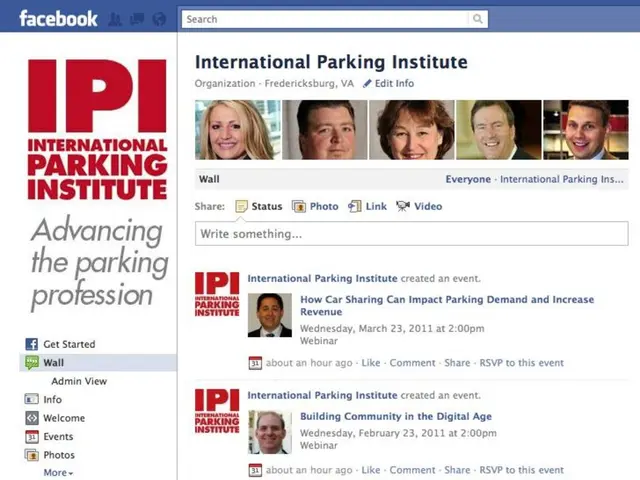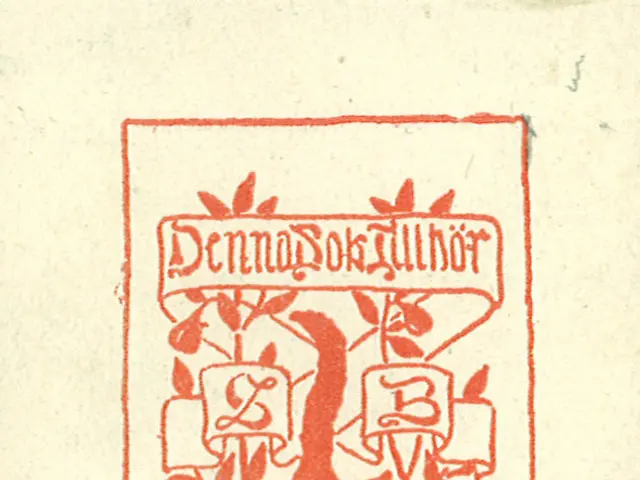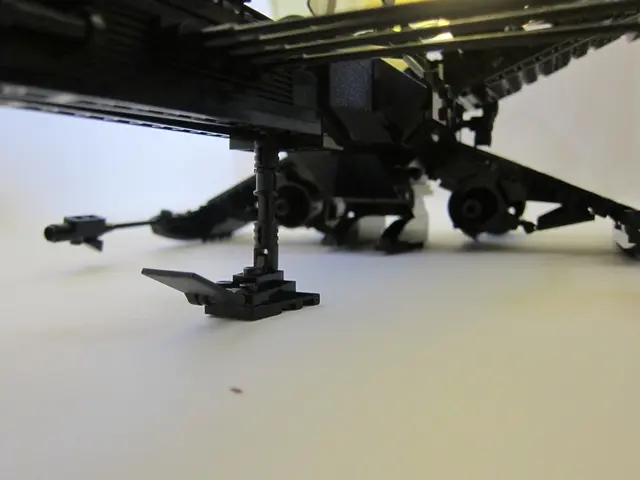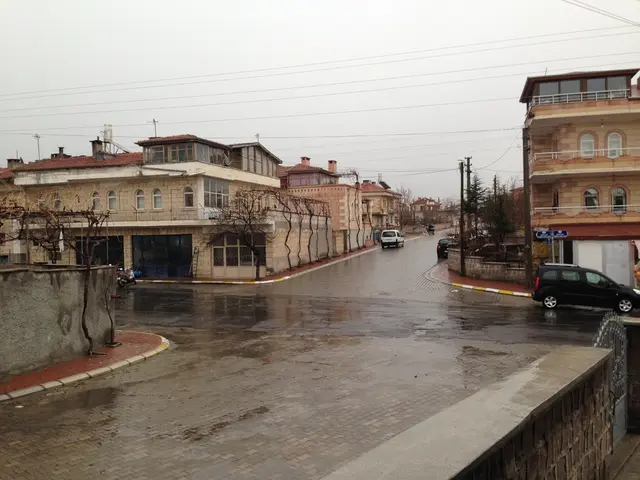Programming World Championship Results: An Examination of ChatGPT, Gemini, and AI Bots' Performances
The 2025 International Collegiate Programming Contest (ICPC) World Finals, held in Baku, Azerbaijan, marked a significant turning point in the field of competitive programming. For the first time, artificial intelligence (AI) systems demonstrated their ability to outperform human teams, challenging the traditional monopoly of humans in this domain.
OpenAI's ensemble of models, anchored by GPT-5, and Google DeepMind's Gemini 2.5 were two of the AI competitors. In a remarkable display of adaptability, abstract reasoning, and creative algorithm design, both systems demonstrated the ability to reason on the fly, adapt strategies, and produce algorithms unfamiliar to veteran engineers.
The contest served as an experiment to test if general-purpose reasoning models could compete with human minds under live pressure. The specific conditions under which human teams and AI systems were competing, such as resources available or time limits, were not disclosed.
Google's Gemini 2.5 solved 10 out of 12 problems, cracking eight problems in just 45 minutes. This feat is unprecedented, as no human team in ICPC history has ever reached such perfection in this format. Notably, Gemini solved Problem C of the contest, a difficult systems optimization challenge that no human team managed to solve.
The team behind the winning AI system, GPT-5, was OpenAI. Their system, combining GPT-5 and an experimental model, outperformed all other competitors, including Google's Gemini 2.5 and the best human teams. OpenAI's ensemble of models achieved a perfect score of 12 out of 12 problems solved.
The ICPC 2025 highlighted that while human ingenuity, teamwork, and intuition remain essential, the frontier of problem-solving has shifted. Algorithms are now running ahead in many ways. The event also featured human teams and AI systems competing together for the first time.
The implications of the ICPC 2025 extend beyond the contest, affecting the future of education, competition formats, and the evolution of AI in problem-solving. New questions are emerging, such as allowing human-AI collaborations, separate AI divisions, and adapting education when machines can outperform students in originality.
Despite the momentous occasion, no information was provided about the prizes or recognition given to the winning teams, human or AI. The contest results, however, indicate that AI systems can handle novel, abstract problems requiring fresh modeling and careful coding under time pressure. The field of competitive programming must grapple with these new questions as AI systems continue to push the boundaries of what was once thought to be the exclusive domain of the human brain.
Read also:
- Conflict Erupts Between Musk and Apple Over Apple Store's Neglect of Grok
- AI company Dataloop collaborates with Qualcomm to enhance AI model creation
- Voice-Enabled AI Assistant Integrated with IDA in Volkswagen Vehicles
- Trump indicates potential transfer of reduced Nvidia Blackwell AI processors to China
